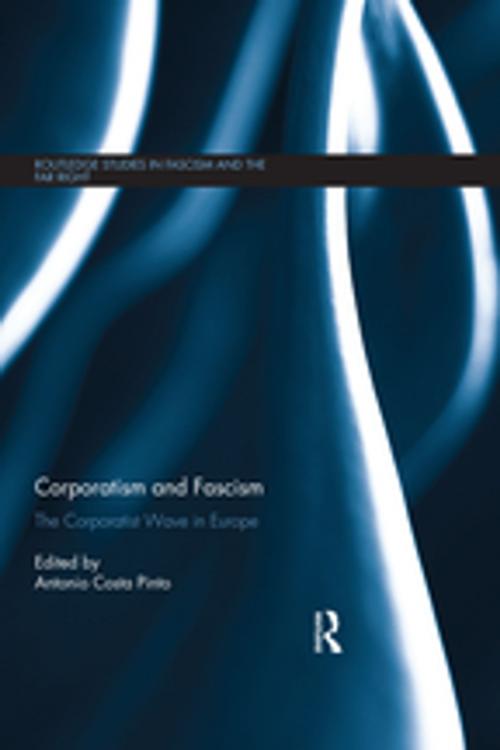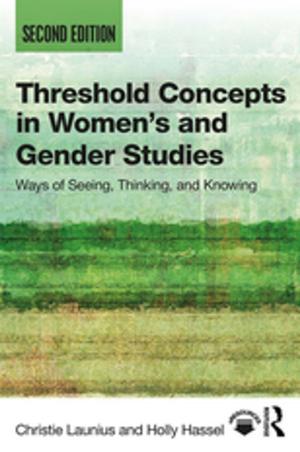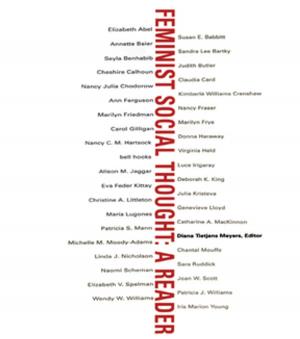Corporatism and Fascism
The Corporatist Wave in Europe
Nonfiction, Social & Cultural Studies, Political Science, International| Author: | ISBN: | 9781315388885 | |
| Publisher: | Taylor and Francis | Publication: | February 17, 2017 |
| Imprint: | Routledge | Language: | English |
| Author: | |
| ISBN: | 9781315388885 |
| Publisher: | Taylor and Francis |
| Publication: | February 17, 2017 |
| Imprint: | Routledge |
| Language: | English |
This book is the first conceptual and comparative empirical work on the relation between corporatism and dictatorships, bringing both fields under a joint conceptual umbrella. It operationalizes the concepts of social and political corporatism, diffusion and critical junctures and their particular application to the study of Fascist-Era dictatorships. The book’s carefully constructed balance between theory and case studies offers an important contribution to the study of dictatorships and corporatism.
Through the development of specific indicators in ‘critical junctures’ of regime change and institutionalization, as well as qualitative data based on different sources such as party manifestos, constitutions and constitutional reforms, expert commissions and the legislation that introduces corporatism, this book traces transnational sources of inspiration in different national contexts.
By bringing together a number of both established and new voices from across the field, this book will be of interest to students and scholars of fascism, dictatorship and modern European politics.
This book is the first conceptual and comparative empirical work on the relation between corporatism and dictatorships, bringing both fields under a joint conceptual umbrella. It operationalizes the concepts of social and political corporatism, diffusion and critical junctures and their particular application to the study of Fascist-Era dictatorships. The book’s carefully constructed balance between theory and case studies offers an important contribution to the study of dictatorships and corporatism.
Through the development of specific indicators in ‘critical junctures’ of regime change and institutionalization, as well as qualitative data based on different sources such as party manifestos, constitutions and constitutional reforms, expert commissions and the legislation that introduces corporatism, this book traces transnational sources of inspiration in different national contexts.
By bringing together a number of both established and new voices from across the field, this book will be of interest to students and scholars of fascism, dictatorship and modern European politics.















